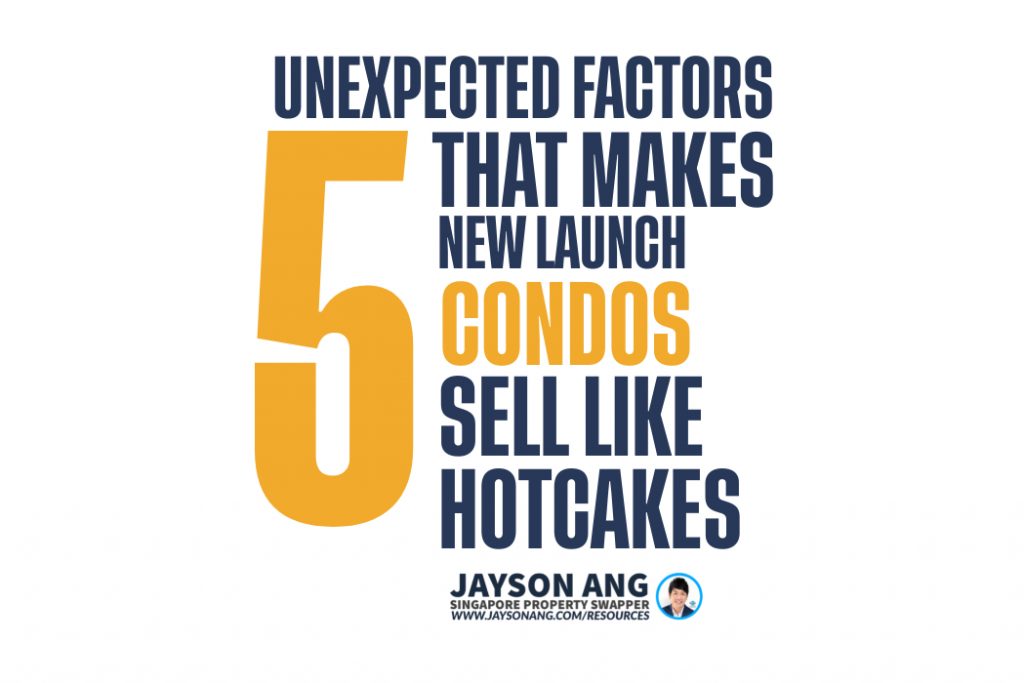TLDR
When it comes to the real estate market, familiarity plays a crucial role in the success of larger condo projects like Lentor Mansion, compared to smaller boutique condos. Developers of larger projects have more resources for aggressive marketing, leading to higher awareness and easier sales. In contrast, smaller projects rely more on individual property agents, which can impact sales negatively. Additionally, the practice of renting out cramped utility spaces, known as Coffin Homes, exploits vulnerable individuals who have limited housing options. To combat this issue, providing more rental options and implementing stricter regulations on rental rates are essential. Ultimately, the decision to buy or sell a property depends on individual circumstances, and seeking expert advice can guide you through the complex real estate landscape effectively.
Big Condo Projects: The Hot Trend in Today’s Real Estate Market!
Despite slower sales at projects like The Arcady at Boon Keng or Hillhaven, news reports reveal that Lentor Mansion has managed to sell 75% of its units. As industry insiders, we are often quick to provide lengthy justifications for this type of success – citing factors such as price, location, and layout. However, there is an underrated reason that may be the true key to Lentor Mansion’s triumph – familiarity.
Let’s do a little experiment – a show of hands, if you will. Who here has heard of Lentor Mansion? And who has heard of The Arcady or Hillhaven? While I can’t actually see you, I would wager that the majority are familiar with Lentor Mansion, while the other two may as well be obscure European handbag brands.
One could argue that size plays a significant role in this discrepancy. After all, Lentor Mansion is a larger project, and therefore, receives more extensive marketing efforts. Don’t get me wrong, there are other factors at play – such as more land space, better facilities, and lower maintenance costs – but a larger project simply has more units to move.
This is where the developer’s budget comes into play. With a bigger project, the developer not only cannot afford to fail, but they also have more pressure to meet their five-year deadline (although the ABSD rule has somewhat relaxed this). This results in a larger budget for aggressive marketing strategies, such as print and bus ads, online ads, press visits, and high-quality showrooms.
This heightened awareness of the project makes it easier for property agents to sell to their clients. It’s much simpler to pitch a development that the prospect has already heard of, rather than having to introduce it from scratch.
In contrast, smaller or boutique condos often rely more heavily on property agents for sales. However, when these sales do not materialize, the developers are quick to point fingers at the agents for not doing enough.
The truth is, realtors are individuals, and when they operate independently, it’s like a game of tug-of-war where everyone is pulling in different directions. This lack of cohesion and teamwork can significantly impact sales.
Additionally, property agencies are always looking for a big win. New projects are where they make a substantial portion of their income, and they want to impress developers to secure future projects. This results in a greater emphasis on larger developments, with more resources and marketing materials provided to their agents.
When all of these factors are combined, it becomes clear why larger developments tend to have better launch day results and sell out faster. With the rising costs of property portals and a more cautious approach to purchasing, this trend is only set to continue. So the next time you see a flashy ad for a big condo, remember that it’s all part of the game, and we, as consumers, must be selective in our purchases.
Unveiling the Global Phenomenon of Coffin Homes!
There has been speculation that a group of landlords have commenced the practice of leasing out cramped utility spaces to unsuspecting tenants. As I observe the minuscule dimensions of these spaces, I cannot help but conclude that it is a blatant exploitation of individuals – for only the most destitute or disadvantaged would choose to reside there (and let me clarify, I also deem the provision of these cramped “rooms” to domestic helpers as a disgrace).
These utility rooms can typically be found in antiquated, first-generation executive apartments or maisonettes. Alternatively, they may be remnants of upgraded flats from the late 1980s to the early 2000s. The average size of these rooms hovers around a meager 50 to 55 square feet, which is akin to the dimensions of a tiny office cubicle.
Let it be known, it is strictly prohibited to rent out utility rooms to tenants. However, the question remains, who would dare file a complaint? Those coerced into occupying these cramped spaces have no alternative options, and if they dare voice their grievances, they risk facing as much repercussions as the landlord. The landlord may face a fine, but the tenant would be left without affordable housing. It is abundantly clear who holds the upper hand in such a scenario. In a twisted manner, it is the very demographic of the tenants that perpetuates this unconscionable practice.
The most effective means to eradicate such malpractice is not solely through penalties and warnings to landlords (although that should not be disregarded if warranted), but rather by providing a plethora of rental options and implementing stricter regulations on rental rates. People will not acquiesce to living in a utility room if they can afford superior accommodations.
Should You Buy, Sell or Wait?
If you’re reading this, you must be trying to figure out the best course of action right now: is it the right time to buy or sell?
It’s difficult to give an exact answer since everyone’s situation is unique and what works for one person may not necessarily work for you.
I can bring you a wealth of on-the-ground experience and a data-driven approach to provide clarity and direction. From beginners to experienced investors, our top-down, objective approach will help you on your real estate journey.
I can help you by:
- Offering Strategic Real Estate Advice – I can help create a comprehensive plan to guide you through your property journey.
- Connecting Your Home with the Perfect Buyers – Through stunning visuals, an effective communication strategy, and an in-depth knowledge of the market, we’ll ensure your home is presented in the best possible way to fulfill your goals.
You May Also Like …







































































